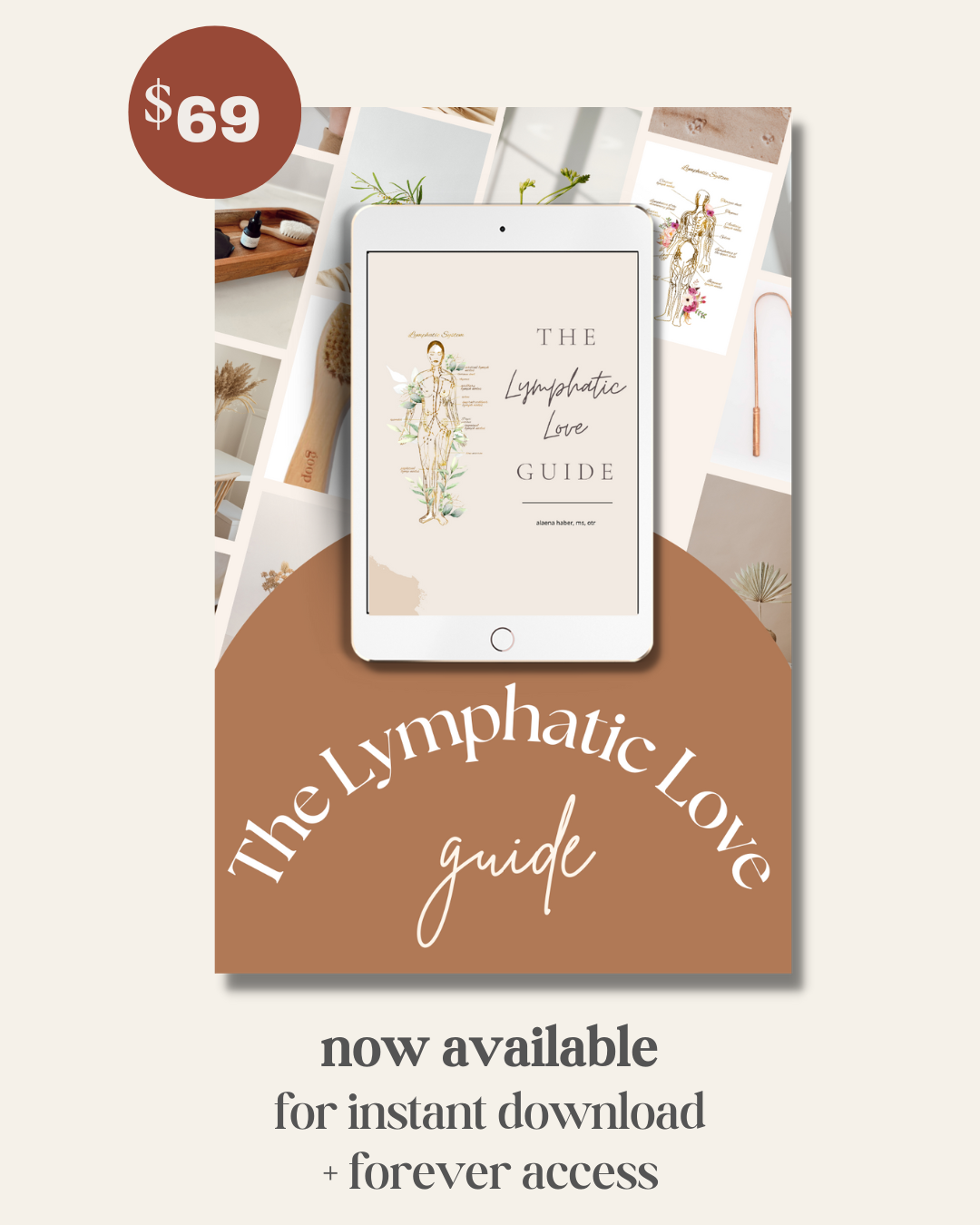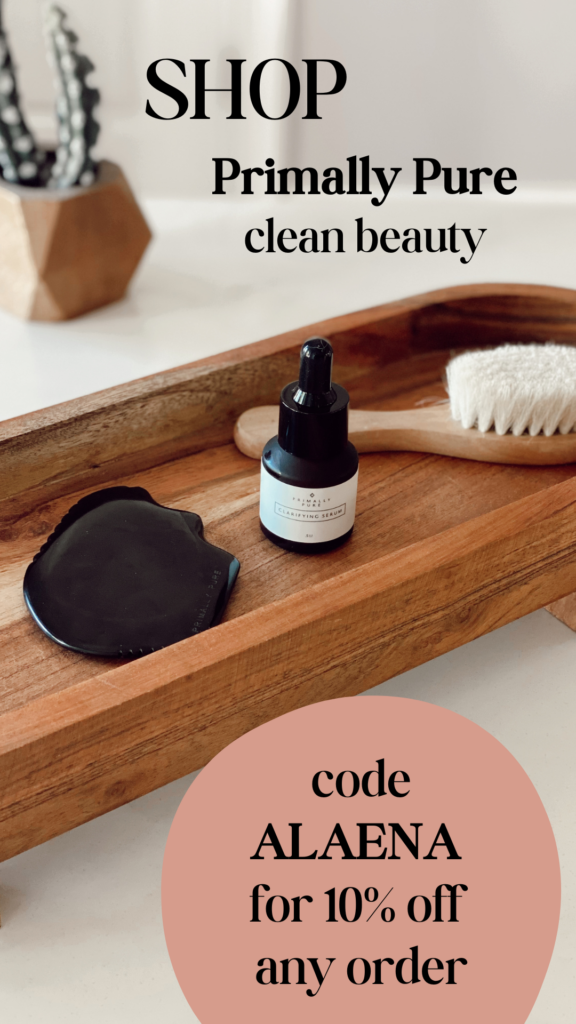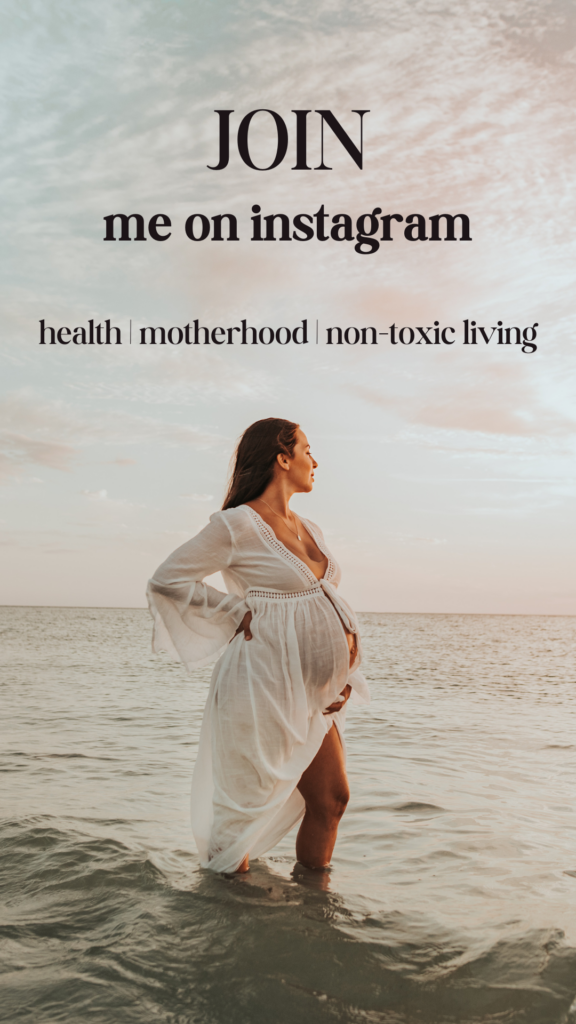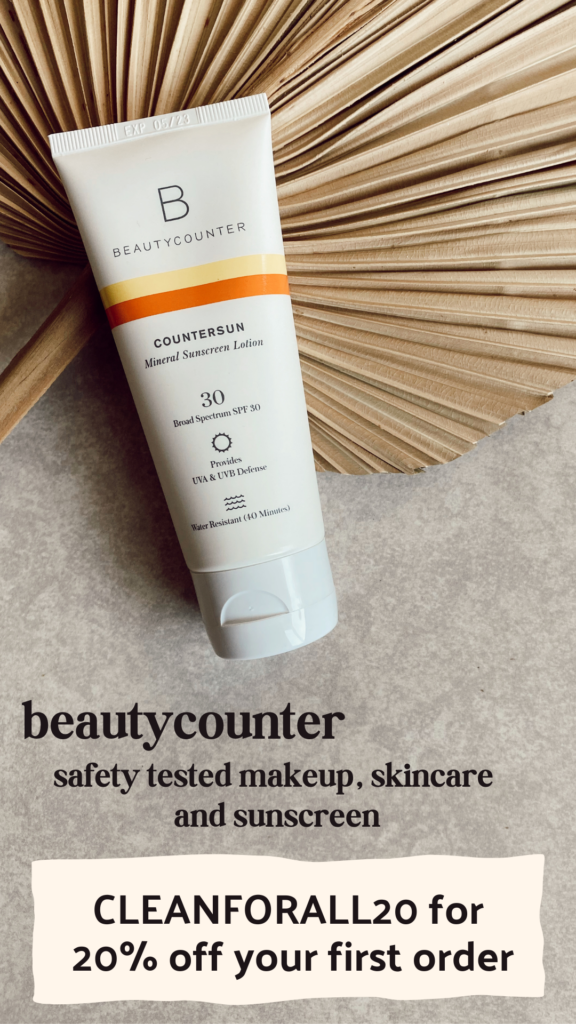Periods… I’ve always wondered why they are called that. They aren’t the “end” of something. Menstruation should be a never-ending cycle until we start winding down our reproductive capabilities in our 4th and 5th decade of life. But why are more and more women in their teens, twenties, and thirties going to their doctors with menstrual irregularities and hormonal symptoms? I wanted to explore this topic a little deeper with you guys in my typical bulletpoint article style flecked with sarcastic commentary meant to lighten up a pretty heavy (no pun intended) topic!
First, I will say when I lost my period after going off birth control in 2009 I was not upset. I historically was riddled with cramps so bad they required prescription-strength pain relievers and usually a day or two off school or work. There was something amazing about going through life never worrying about if I would start bleeding in the middle of a meeting, but that joy wore off pretty quickly once I stopped feeling like a woman. My weight dropped dramatically, my breasts went from a full C to a AA, and I lost my ability to cry. Seriously, I could NOT cry and my mood was the same all the time. Even puppies living in sad conditions could not make me shed a tear, and if you know me at all you know I am incredibly passionate about animal wellness. I just didn’t feel like myself but some androgynous creature floating through life with this fantastic benefit of never having to wear a bra (that part I miss).
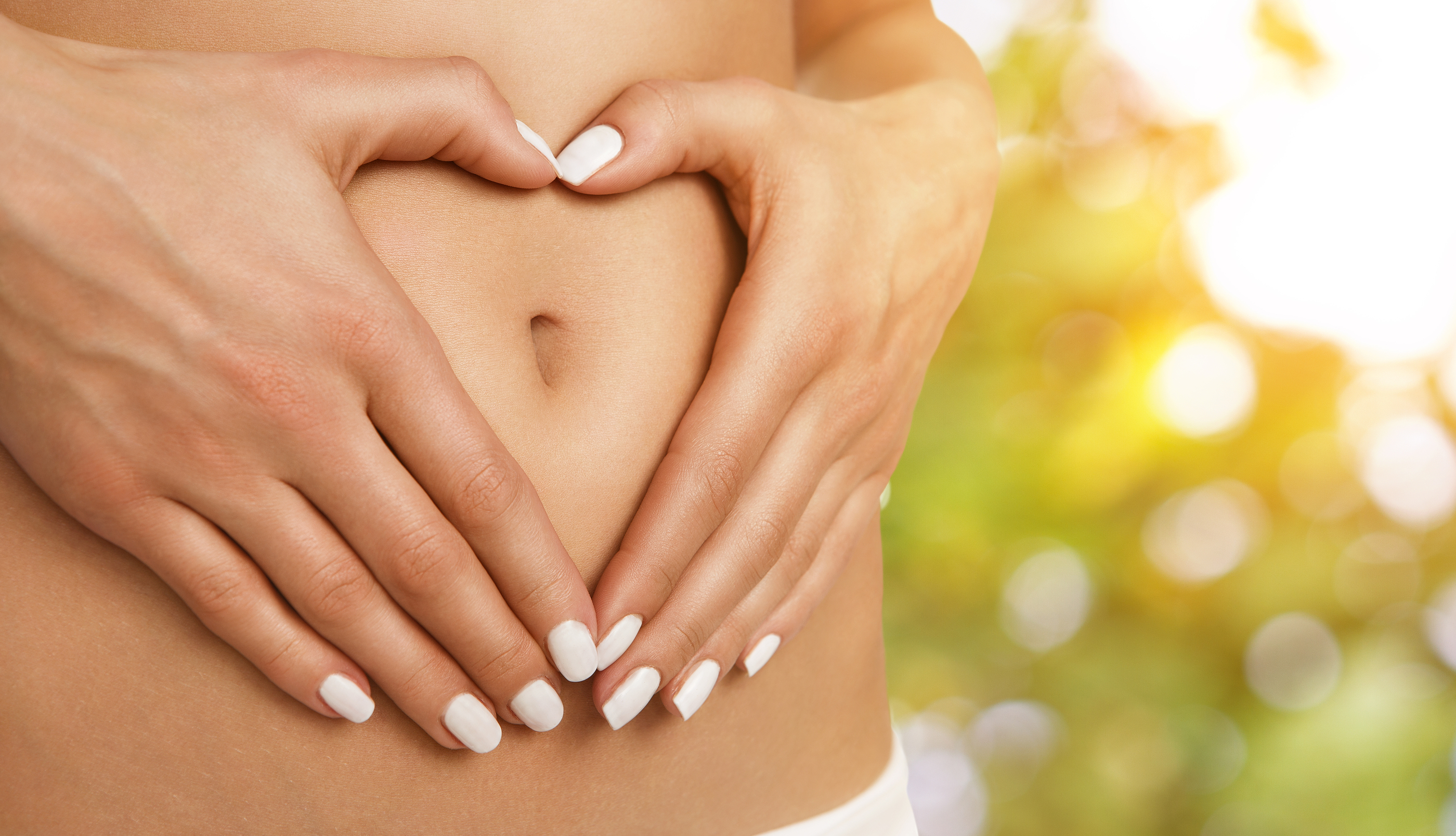
- Why getting a period is a sign of health
- I know we all gripe about it, oh approximately every 4 weeks, but if you have a regular and healthy menstrual and ovulation cycle, consider yourself fortunate. It likely means that you have a lot of your health ducks in a row. Of course there are many people in a diseased or malnourished state that still get their periods as their bodies have a different threshold of perceived threat to a fetus, but overall when your brain and endocrine system are synced up, it’s likely that you’re doing something right. That is if you don’t have any hormonal imbalances hiding behind your regular monthly cycle such as estrogen dominance or anovulation (lack of ovulation).
In order to truly appreciate the beauty of the female reproductive cycle, I think you need to understand the orchestra of hormonal harmony your body must create before the blood bath begins…
What happens to hormones during a menstrual cycle
- Day 1 of your cycle starts on the day you begin your period which usually lasts anywhere between 3-7 days for most women
- During the follicular phase before ovulation progesterone is staying stable but estrogen, is rising and peaking up until ovulation. Initially, your libido may be non-existent but it often ramps up towards ovulation as your body prepares for making babies.
- As estrogen rises, another hormone, the follicular stimulation hormone (FSH), is also rising and signaling to your body to start readying those eggs for release
- Luteinizing hormone (LH) rises and peaks dramatically, stimulating ovulation and the release of an egg which will travel to the fallopian tubes.
- After ovulation, progesterone rises steadily (along with another smaller surge of estrogen) and drops off before your period begins again. Generally around ovulation, women tend to feel their “best” – breasts start to become fuller, mental clarity is highest, and you will probably perform better in the gym too! But the closer we get to our next period, the more bloated and tired we feel and the more carbs we crave due to a drop in serotonin (one of your mood-boosting neurotransmitters) and a rise in cortisol. You may also feel HOT! No, not sexually attractive, but physically overheated. One of the best indicators of a successful ovulating cycle is an increase of about ½ a degree in body temperature that is sustained during weeks 3 to 4.
That’s a lot of hormonal ups and downs and you can see how a typically healthy individual is already on a hormonal roller coaster each month! Now throw in autoimmune disease, thyroid dysfunction, adrenal burnout, and inflammation, and you have got yourself a party. A party of screaming drunk girls fighting over who copied who’s statement coral lipstick trend.
But what if you aren’t one of the lucky ones with predictable cycles or heck, you can’t even remember the last time you had one?!
Common Causes of Irregular or No Cycles
-
- STRESS
- Emotional: Difficult life stressors such as moving, break ups, the onset of new disease symptoms, a death in one’s family, etc can be enough of a stressor for the body to put a stop to potential fertility. Our cortisol production is part of the HPA axis which is the feedback loop between the hypothalamus, pituitary, and adrenals. When one of those systems goes awry, it can affect the stimulation and production of another gland’s master hormones such as FH and estrogen. This can happen fairly quickly and you can go from a lifetime of normal periods and the next month (or months and years) of amenorrhea (lack of periods) unless the cycles have been regulated. Unfortunately our bodies are very good at prioritizing certain functions over others so if you’re constantly revving the sympathetic nervous system (“fight or flight”) and not spending enough time in a relaxed state, your production of cortisol is likely going to be high. High cortisol generally results in low DHEA (commonly seen in the first stages of adrenal fatigue) which is like the first stop on the production line of female hormones before you make a baby. Breakdowns with cortisol and DHEA can mean that your body shuttles its energy towards staying alive rather than making lives.
- Physical: Most of my readers know this well! Chronic autoimmune disease that has not been addressed from a gut health perspective is a constant underlying stress on the body. We think of sitting in traffic and paying overdue bills as typical life stressors, but I would count those more under the “Emotional” stress category. Physical stressors such as a leaky gut, low-level infection, chronic inflammation, active autoimmune disease, and endocrine imbalances are the physiological stressors we cannot see or tangibly address each day but they are big contributors to a lack of menstruation or ovulation. These physical stressors shuttle your body’s energy towards keeping those systems functioning – if you have low thyroid function, your body is obviously not going to be able to support the stress of pregnancy or carry your child to full-term (although that does sometimes happen but it can result in an exhausting pregnancy and possible birth defects!)
- Malnutrition
- Poor absorption of nutrients is very common in those with autoimmunity due to increased intestinal permeability and funneling of energy towards other processes
- B vitamin deficiencies may lead to anemia and both can affect the regularity of your menstrual cycle
- New research has been exposing a link between low Vitamin D levels and irregular periods but further studies need to explore this in a controlled human subject design
- Low body weight
- Yes, those thin, lithe models you see in magazines and the perfectly dressed petite girls on the beach wearing crop tops and jean shorts with not a hint of cellulite…. They’re probably not getting their periods. Yes, I said it. What we as a culture deem as healthy, vibrant, and beautiful usually is a cover-up for some serious female hormone issues. It’s sad. It really is. How the media has turned the curviness, roundness, and fullness that should be a female’s body (unless by pure genetics you are one of those lithe individuals who still gets her period every 28-32 days) into something that needs to be “fixed”. I wish I had a percentage I could give you for how many young American women are walking around with diet-induced amenorrhea, but if my social circle is an indication then my guess is over 50%. Not at any one point in time, but I would not be surprised in the least if over half of young American women have experienced disruptions in their menstrual cycle due to the diet and exercise choices they make so they can be thin and fit into our socio-cultural definition of beauty. It’s disturbing. What’s covering up this problem even more is the overuse of hormonal birth control which overrides your body’s production of female hormones with man-made versions that tell your brain it does not need to do its job anymore. I know MANY women walking around on low calorie diets, exercising their butts off (literally) for 60-90 minutes a day, who religiously take their birth control and have no idea that once they go off the pill, it’s likely their body has “forgotten” how to make its own estrogen and progesterone. More on that in a little but there’s some food for thought in the meantime.
- Premature ovarian failure affects up to 1% of the female population under 40 years old, according to recent research. It usually results in irregular or absent cycling and some menopausal-like symptoms such as decreased libido, hot flashes, vaginal dryness, and painful sex. There’s no solid cause for premature ovarian failure but it has been linked to X-chromosome genetic diseases, chemo and radiation treatment, autoimmune ovarian disease (where your body produce antibodies directed at your ovaries), and inflammation. It affects fertility greatly, but instance of women conceiving do occur through hormonal support designed to stimulate ovulation.
- STRESS
Okay, Alaena, get off your soapbox of sarcasm and tell me how I can fix this darn mess?
Ways to Support Regulation Of Menstruation
- Cease birth control: When you were put on birth control by your gynecologist (oh, say around 17-19 years old), you were probably sold on lighter, less painful periods, clearer skin, and the freedom to sleep with whomever you want without the risk of having a baby with that frat guy Jim from the glow-in-the-dark bubble party last Saturday. It’s very freeing in that way! You can even control WHEN you have your period! Oh, huge tropical vacation coming up? I’m just going to skip that week of placebos and be blood-free for 6 weeks straight! Sounds wonderful, it really does, but what about when you want to start having children? Or if you just are curious if your body is even capable of menstruating without pharmacological assistance at a $10 price tag? What doctors DON’T do when they put you on the pill is tell you how it can affect your cycle once you go off of it. It is not uncommon for women to not start a natural period for up to 6 months after going off or even years (like in my case). YEARS. That was the scariest situation I have gone through in the past decade, and that is saying a lot considering my health journey has been a little rough. What’s even worse is that when you do go off the pill and don’t get your period, what does your doctor suggest you do? Go BACK on the pill to “regulate” it. If you ever get that advice, run. Run fast. And knock down the display of NuvaRings on your way out the door.
- Eat a nutrient and calorie-rich diet: It isn’t folklore that a diet high in fat and calories (as long as they come from the right foods in the absence of a sedentary lifestyle) is an excellent way to support natural hormone production. If our bodies view us as starving, which they do when we are cutting calories while exercising vigorously, it is not going to set itself up for carrying a fetus who is going to need a good amount of our nutrient store to develop healthfully. Particularly, Omega-3 rich foods are useful for contributing to a healthy menstrual cycle. My favorite sources include wild salmon and other fatty fish, high quality soy-free egg yolks, flax and chia seeds (if tolerated), fish eggs, and basil (in higher amounts). Don’t count calories – how many times do we have to hear that before it clicks? Not only is counting calories stressful (hey cortisol, what’s up?) but it can limit our intake of the vitamins and minerals our bodies are craving. It’s OKAY to crave carbs sometimes – just get them from potatoes, sweet potatoes, white rice, carrots, parsnips, and other starchy vegetables rather than cereal and pizza. You’re still a good person if you eat carbohydrates. I promise.
- Reduce stress: I think I mention this in every article I have written for the blog, but it is the root of many hormonal imbalances. You need you find a way to calm down. Oh, you think you’re calm? Next time you’re getting ready in the morning for work, stop for a second and let yourself hear and feel your heart rate. I have a feeling you’re going to be like “Why does my heart think I’m running up the stairs and I’m only brushing my teeth?” It’s unfortunate but most of us live in hectic, schedule-filled states that don’t allow much breathing room. My favorite stress reduction techniques are going for long walks, meditating (the Headspace App is amazing!), coloring, painting, and playing with animals. If going to CrossFit is your “stress reduction” then please remember that your “stress reduction” is actually spiking your cortisol…
Well, that was about as brief of an article I could write on a monster of a topic! But I have been wanting to address health of the reproductive system for a long time since I have such a long history with it. I spent my entire twenties back and forth between doctors trying to figure out why I wasn’t “normal” anymore, and I’m really glad I never took “you just aren’t” as my answer! Remember, the body is amazing at prioritizing what it sees as most vital for survival, but you can tweak it’s to-do list by supporting your hypothalamus, pituitary, thyroid, and adrenals by leading a low-stress lifestyle focused on eating nutrient-rich whole foods, making plenty of time for playing in the sunshine, and developing a strong social circle of people you can rely on when stress gets the best of you!





